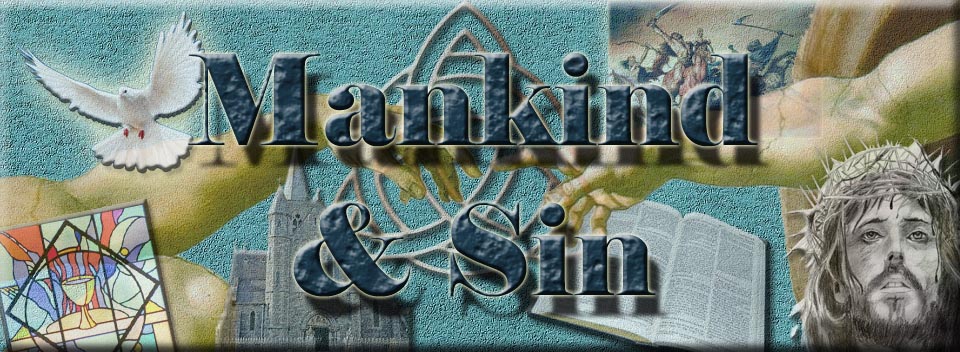
The Doctrine of Sin
by Charles C. Ryrie
Ryrie Study Bible
| I. The Origin of Sin A. In Relation to God. God cannot sin, and yet God’s plan must have included the allowing of sin to enter the world, because it included a Savior from before the foundation of the world. B. In Relation to Satan. Sin was found in Satan (Ezek. 28:15). This is the closest the Bible comes to stating definitely the origin of sin. C. In Relation to the Angels. Some followed Satan in his sin. D. In Relation to Man. Sin originated in Eden. II. The Definition of Sin A. Sin Is an Illusion. This idea has taken a variety of forms of expression; e.g., our lack of knowledge is the reason we have the illusion of sin; or when evolution has had time to help us progress further, sin will disappear. B. Sin Is that Eternal Principle of Dualism, outside of God and independent of Him. C. Sin Is Selfishness. This is the most frequently heard definition of sin. It is scriptural but inadequate. D. Sin Is a Violation of the Law. This too is scriptural but inadequate, unless the concept of law is expanded to include the character of God Himself. E. Sin Is Anything Contrary to the Character of God. III. Personal Sin A. Meaning. Sins committed by individuals. They may be willful or in ignorance. Missing the mark also involves hitting the wrong mark. B. Penalty. Loss of fellowship. C. Remedy. 1. Forgiveness—takes away the guilt of sin. 2. Justification—the declaration of the addition of Christ’s righteousness to the believing sinner. IV. The Sin Nature A. Meaning. The sin nature is the capacity and inclination to do those things that can in no way commend us to God. B. Scriptures. 2 Corinthians 4:4; Ephesians 4:18; Romans 1:18-3:20. C. Results of the Sin Nature. 1. Total depravity (unmeritoriousness of man in the sight of God). 2. Spiritual death. D. Transmission of the Sin Nature—from parents to children (Ps. 51:5). E. Remedy. 1. Redemption, which brings a new nature or new capacity to serve Christ. 2. The power of the indwelling Holy Spirit to give victory over the judged sin nature. V. Imputed Sin A. Meaning. That which resulted from man’s participation in Adam’s first sin. B. Scripture. Romans 5:12. All mankind was in Adam participating in his sin and bearing the resultant guilt. C. Transmission of Imputed Sin. Transmitted directly from Adam to each individual member of the race. D. Penalty—physical death. E. Remedy—imputed righteousness of Christ (2 Cor. 5:21). VI. Sin in the Christian’s Life A. The Fact of the Believer’s Sinning (1 John 1:8-10). B. The Standard for the Christian—"Walk in the light’’ (1 John 1:7). C. The Preventives for Sin in the Christian’s Life. 1. The Word of God (Ps. 119:11). 2. The intercession of Christ (John 17:15). 3. The indwelling Holy Spirit (John 7:37-39). D. The Penalties for Sin in the Christian’s Life. 1. Loss of fellowship (1 John 1:6). 2. Church excommunication (1 Cor. 5:4-5). 3. Chastisement (Heb. 12:6). 4. Sometimes physical death (1 Cor. 11:30). E. The Remedy for Sin in the Christian’s Life—confession (1 John 1:9).
|
||
|
||
| Taken from: Ryrie Study Bible NASB © 1986, 1995 by the Moody Bible Institute of Chicago |
-
Site Navigation
 Home
Home What's New
What's New Bible
Bible Photos
Photos Hiking
Hiking E-Books
E-Books Genealogy
Genealogy Profile
Free Plug-ins You May Need
Profile
Free Plug-ins You May Need
 Get Java
Get Java.png) Get Flash
Get Flash Get 7-Zip
Get 7-Zip Get Acrobat Reader
Get Acrobat Reader Get TheWORD
Get TheWORD

